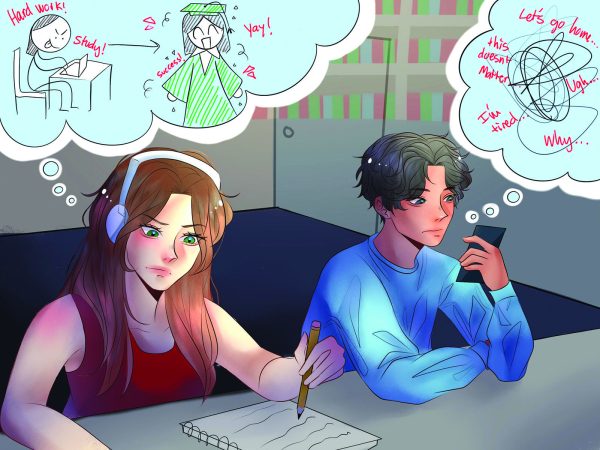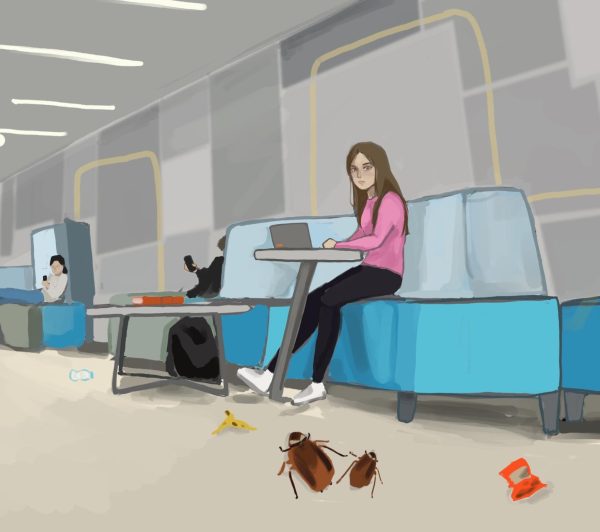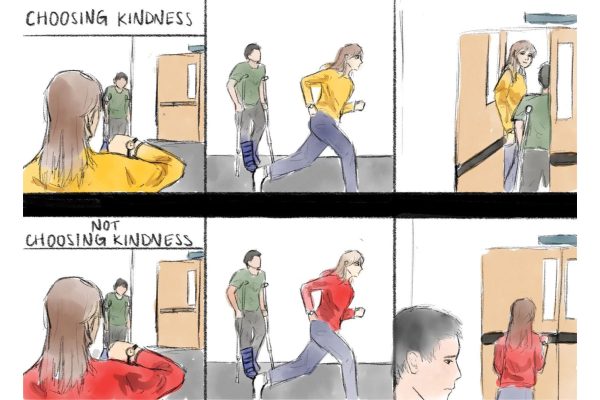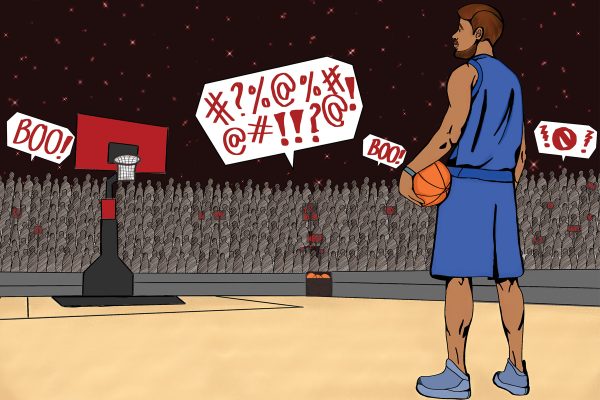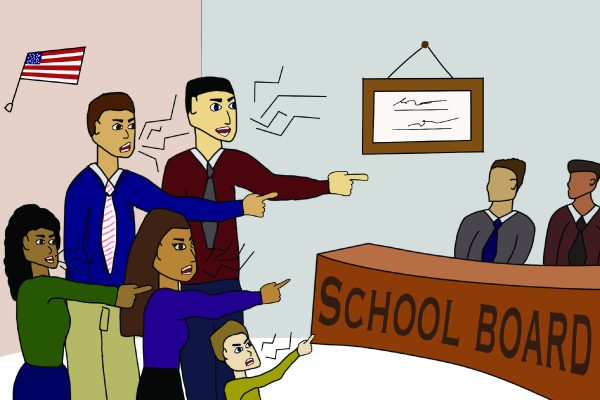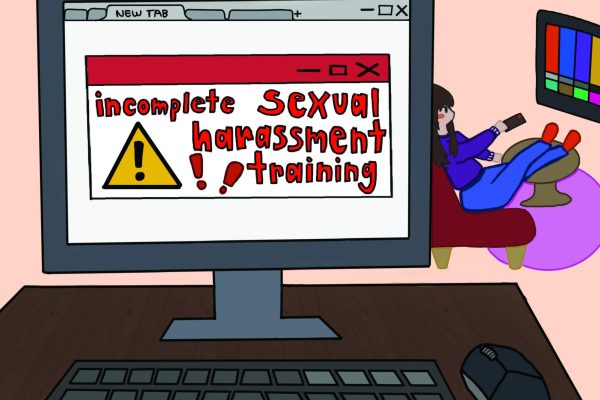Hit the brakes on the constant coffee breaks
Caffeine addicts tell you “one-cup mornings don’t exist,” and that “decaf is pointless.”
I know this because over the summer, I became somewhat of a caffeine addict. Granted, I wasn’t draining five to six cups a day, but I certainly had my fair share. As a high school student, I now recognize the thin line between cures to sleep deprivation and addiction.
While coffee may seem like your best friend after a long day of test taking and a mountainous pile of unfinished homework, it’s not the healthiest solution by a long shot.
Last October, I was sitting in the cafeteria with my friend, having a chat about my poor caffeine habits. Abruptly, a boy I didn’t recognize leaned over and advised me to “try caffeine pills,” because in his words, “they work better.”
Suddenly, the conversation took an uncomfortable turn. I was receiving drug advice from someone my own age.
I soon realized the extreme lengths I had gone just to avoid withdrawal headaches and slow mornings. In a world filled with easily accessible caffeinated beverages and almost zero restrictions on its consumption, it’s no wonder so many high schoolers have become dependent on this supposedly problem-solving drug.
The term “caffeine addiction” is not exclusive to the melodramatic.
In a phone interview, clinical nutritionist Meg Bowman said even one cup of coffee in the morning can lead to insomnia. Clients with anxiety, depression, attention-deficit/hyperactivity disorder and other mental illnesses are negatively influenced by side effects relating to caffeine intake. These include irritability, increased anxiety and heartbeat fluctuations.
“I think it would be hard to recognize the impact coffee has on them if they drink it on a daily basis,” said Bowman. “It’s just going to become their normal, and they won’t be able to recognize any of the symptoms.”
Ordinarily, teens are really overloaded, and while caffeine isn’t a great solution, the problem is often more serious than the caffeine, Bowman said.
If you are one of us, a caffeine junkie, a user or an abuser, then you have to wake up and not smell the coffee — I mean it. Caffeine may be legal, it’s even offered in the school bistro, but it’s still a drug.
Although consuming caffeine had benefits such as antioxidants and increased focus, that doesn’t preclude the fact that excessive coffee refills are harmful in the long run, Bowman said.
“Just medicating without thinking about why you’re medicating is only putting a Band-Aid on something that needs an intervention,” she said.
According to Bowman, B vitamins or tea would be a good supplement for energy deficiency.
“I would just encourage people to experiment,” said Bowman. “Get curious. See what it’s like to be without caffeine for a couple days and see how their lives go.”
Whether you drink coffee to escape the consequences of sleep deprivation or because it just tastes so darn good, try a substitute. I promise, it will do your bad habits and coffee breath a favor.
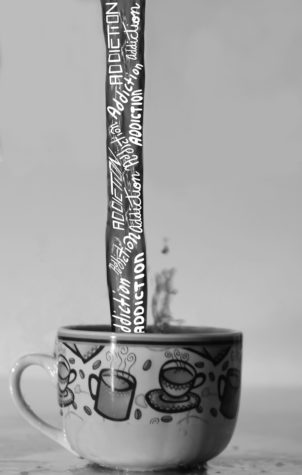
Graphic by Amy Glazer and Natan Shayevich


